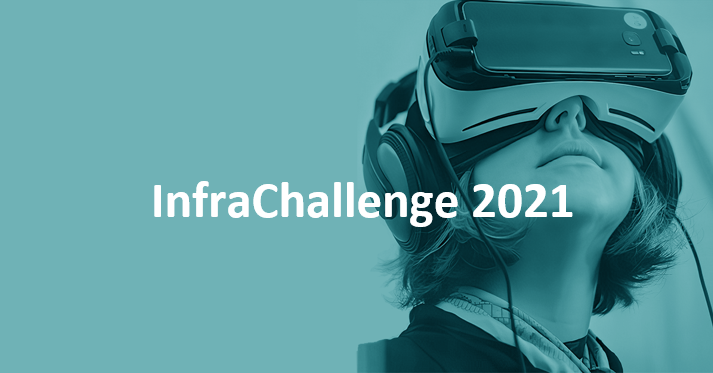694 results found
Featured results



More results
Last month Infrastructure Australia released its infrastructure Priority List for 2021, revealing a record number of new investment opportunities, with 44 new proposals added to the list in response to COVID- 19. A $59 billion project pipeline was identified, with six high priority projects, 17 priority projects, 48 high project initiatives and 109 priority initiatives.
Discover how you can get involved with InfraChallenge 2021, applications close 12 March.
The Global Infrastructure Hub (GI Hub) strives to be an organisation where the different backgrounds and perspectives of our people contribute to diversity of thought and approach, enabling us to better live our values and achieve our mission. This diversity includes gender diversity with an awareness of our particular ability to bring attention to the need for gender equality and inclusion in infrastructure.

On average, around 40% of the primary infrastructure transactions that involve private sector participation also involve a public institution. However, this varies by income group.


Policy and regulatory implications of recent advances in the benchmarking of infrastructure investments.
The benefits of infrastructure spending during an economic downturn for New Zealand are explored.
As stimulus spending ramps up, a ten-year trend study shows private investment in new infrastructure has declined since 2010.
A recent webinar co-hosted by Jacobs and the Global Infrastructure Hub focused on turning inclusivity frameworks into practical results in infrastructure planning and delivery.
Cross-border infrastructure is essential for connectivity. The GI Hub has created a reference guide that presents key learnings and global practices for successful cross-border projects, drawing from a comprehensive literature review, analysis of case studies and the input of international experts in cross-border projects.
The future of infrastructure mega-projects was explored recently by an international panel of experts in a webinar co-hosted by the Columbia University School of Professional Studies and Global Infrastructure Hub. The event took place as the global community begins looking towards a period of post-pandemic recovery and what the future of infrastructure may look like.
InfraChallenge is looking for practical and scalable tech-based ideas for building and maintaining better, more resilient infrastructure.
How can hospital PPPs learn from the past to adapt for a post-COVID world?
Cost SAR 50 Million The project is fully funded by the government
The ITF Transport Outlook provides an overview of recent trends and near-term prospects for the transport sector at a global level as well as long-term prospects for transport demand to 2050.

Can the needs of rapid urbanisation open the door to innovative emerging technologies?
Renewable energy is being used in multiple forms these days. Construction companies, especially those involved in large projects, also have an impact on the environment.
Bridging the US$15 trillion infrastructure gap has become crucial given the economic impact of COVID-19. GI Hub's Strategic Advisers deep-dive into a way forward to attract private capital.

Public investment in infrastructure is more effective in increasing economic output than other types of public spending



Investment in public transit infrastructure can contribute to creating more inclusive societies. Public transit services are more often used by lower-income households, women and ethnic minorities.










 Infrastructure Monitor 2020
Infrastructure Monitor 2020











